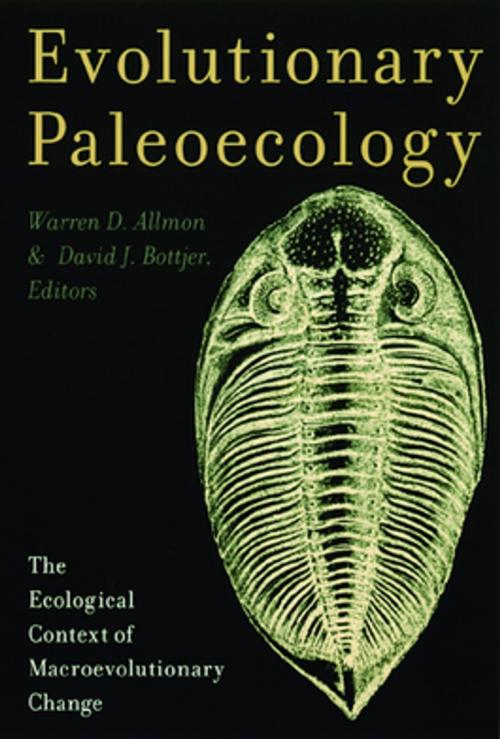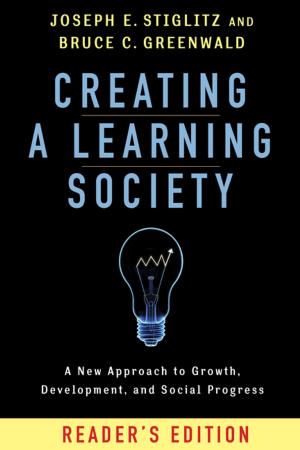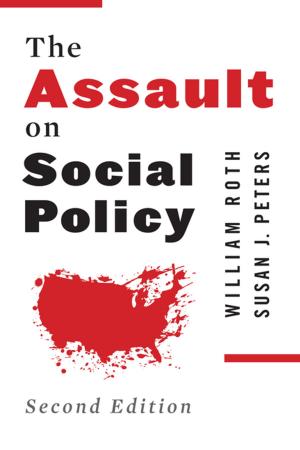Evolutionary Paleoecology
The Ecological Context of Macroevolutionary Change
Nonfiction, Science & Nature, Science, Earth Sciences, Palaeontology, Biological Sciences, Ecology| Author: | ISBN: | 9780231528528 | |
| Publisher: | Columbia University Press | Publication: | February 14, 2001 |
| Imprint: | Columbia University Press | Language: | English |
| Author: | |
| ISBN: | 9780231528528 |
| Publisher: | Columbia University Press |
| Publication: | February 14, 2001 |
| Imprint: | Columbia University Press |
| Language: | English |
One of the most important questions we can ask about life is "Does ecology matter?" Most biologists and paleontologists are trained to answer "yes," but the exact mechanisms by which ecology matters in the context of patterns that play out over millions of years have never been entirely clear. This book examines these mechanisms and looks at how ancient environments affected evolution, focusing on long-term macroevolutionary changes as seen in the fossil record.
Evolutionary paleoecology is not a new discipline. Beginning with Darwin, researchers have attempted to understand how the environment has affected evolutionary history. But as we learn more about these patterns, the search for a new synthetic view of the evolutionary process that integrates species evolution, ecology, and mass extinctions becomes ever more pressing. The present volume is a benchmark sampler of active research in this ever more active field.
One of the most important questions we can ask about life is "Does ecology matter?" Most biologists and paleontologists are trained to answer "yes," but the exact mechanisms by which ecology matters in the context of patterns that play out over millions of years have never been entirely clear. This book examines these mechanisms and looks at how ancient environments affected evolution, focusing on long-term macroevolutionary changes as seen in the fossil record.
Evolutionary paleoecology is not a new discipline. Beginning with Darwin, researchers have attempted to understand how the environment has affected evolutionary history. But as we learn more about these patterns, the search for a new synthetic view of the evolutionary process that integrates species evolution, ecology, and mass extinctions becomes ever more pressing. The present volume is a benchmark sampler of active research in this ever more active field.















